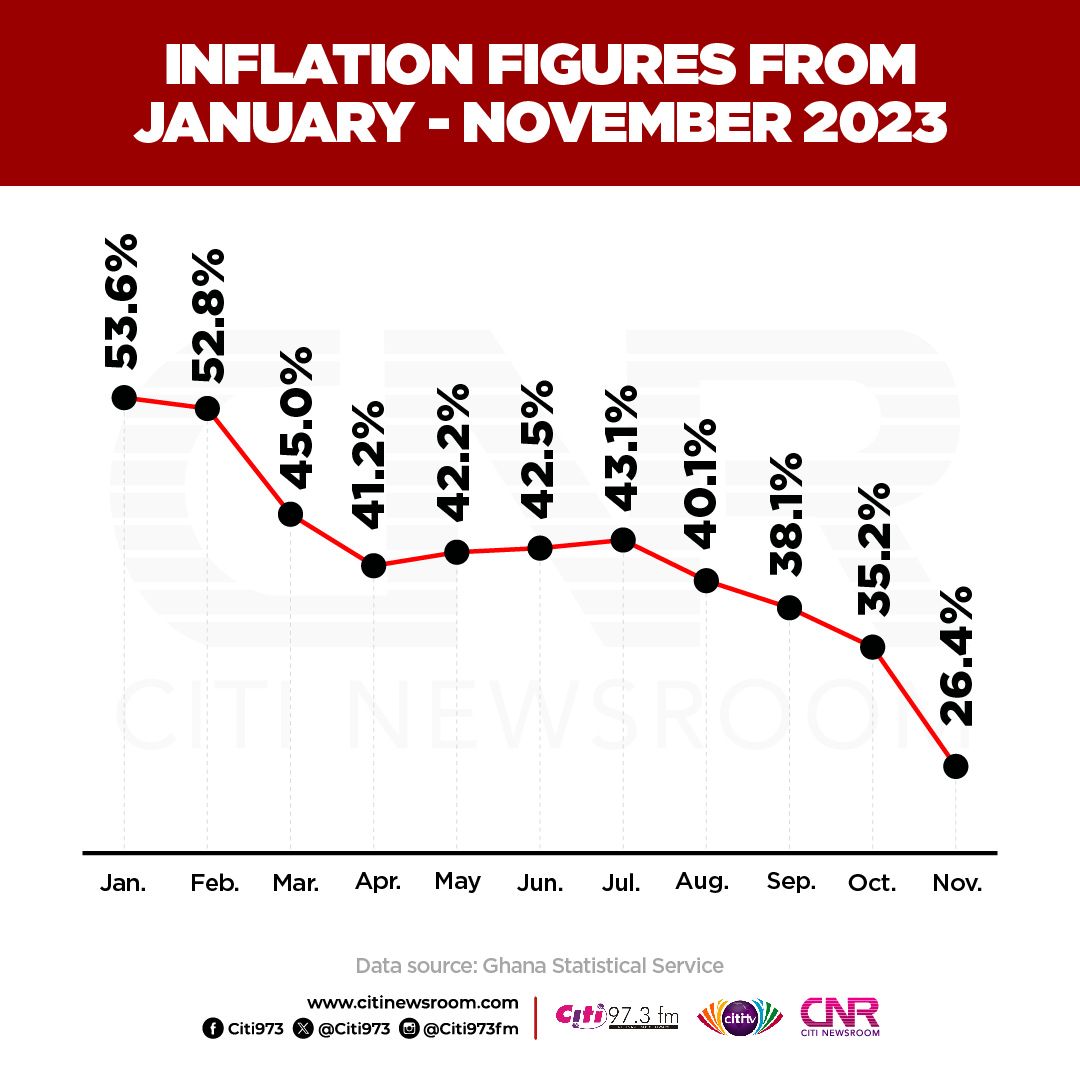
For him, it would be better and more efficient for the platform to be integrated with national payment switches across Africa, such as GhIPSS, rather than the current practice, as this will immediately bring along all the individual banks in Ghana and other countries.
“If you look at the strategy and the mode that we are observing in implementation of the Pan African Payment and Settlement Systems, we are seeing that individual financial institutions are being asked to connect to the system. I think it’s a very inefficient way to proceed.
“The financial systems within each of the countries, and their various financial institutions, are all connected to these single payments switches, whether it is Ghana or Nigeria among others. So, if we want to wait for each individual financial institution to connect directly, you will see that there will be a long delay in the process; we don’t have time.
“My humble advice is let’s move toward the national payment systems connecting directly to the Pan African Payment and Settlement Systems, and that will bring all the financial institutions onto the pan African systems. This will provide a major catalyst to the African Continental Free Trade Area (AfCFTA) agreement,” he said at the 5th Ghana International Trade and Finance Conference (GIFTiC 2021).
PAPSS is expected to connect the entire continent and handle instant payments in multiple African currencies, and provide a settlement mechanism that creates trust within the ecosystem. This brings two critical changes to Africa’s trade finance: minimising the use of hard currencies in trade payments; and domesticating payments and settlements within Africa. This, in turn, will help organisations and their financiers manage currency risks better.
Free trade and role of central banks
The role of the central banks in creating an enabling macroeconomic environment will continue to play an important part in developing a well-functioning continental trading system. A good financial services system, particularly the payment system, is important to both the public in general and to central banks in particular.
At the heart of trading is the instrumental role of a robust and resilient financial system. A well-functioning financial sector provides the impetus for productive investments, expanded opportunities for jobs, and wealth creation.
These days, mobile banking is proving to be a more convenient alternative to traditional banking channels; as several routine banking and money transactions are now executed through mobile phones and electronic payment systems.
“Indeed, one has to recognise that for the financial services sector to play its role there must be financial inclusion. The implementation of Mobile Money Interoperability in Ghana has shown that more people can be financially included, and this needs to be rolled out across Africa to ensure growth of the AfCFTA vision,” Dr. Bawumia said. Read Full Story






















Facebook
Twitter
Pinterest
Instagram
Google+
YouTube
LinkedIn
RSS